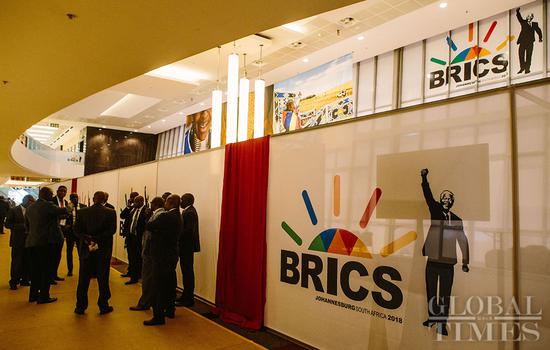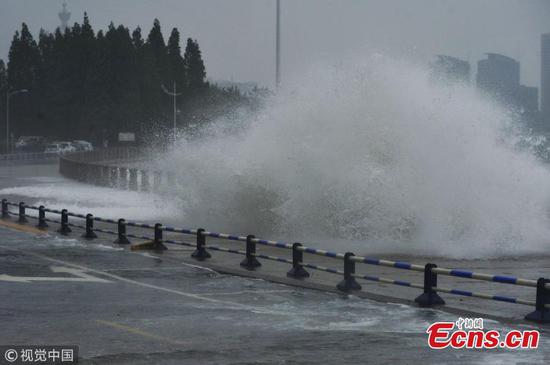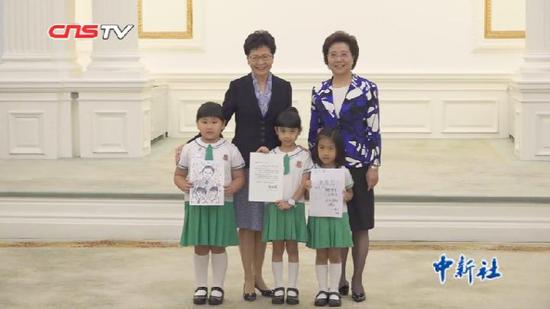Chinese regulator may impose restrictions on U.S. airlines that still refuse to change their Taiwan listing: expert
Necessary steps might be taken if U.S. airlines still refuse to change the way they refer to Taiwan as Beijing has requested by Wednesday, Chinese officials and experts warned.
"Let's wait and see," Geng Shuang, a spokesperson for the Chinese Ministry of Foreign Affairs, told a press conference on Tuesday.
The remark came in response to a question of whether the U.S. airlines would be banned from Chinese airports if they didn't meet the deadline.
As of press time on Tuesday, apart from U.S. airlines - Delta Air Lines, American Airlines and United Airlines - all other major global airlines had labeled Taiwan as part of China, the Global Times found on their official websites on Tuesday.
Shannon Gilson, the spokesperson for American Airlines, told the Global Times that "we are consulting with the U.S. government on the matter." Gilson stressed that American Airlines has until Wednesday to comply, since the company requested and received a 60-day extension in May.
"We hope that the U.S. government will urge relevant enterprises to abide by the one-China principle and make rectification as soon as possible," Geng said.
According to the Civil Aviation Administration of China's earlier notice, 26 out of the 44 foreign airlines applied for extensions on May 25, the initial deadline, citing technical reasons. The final completion time was set for Wednesday.
Air France, Qantas and other international airlines that failed to complete the modification as of May 25 have now done so.
Emirates not only revised its reference to Taiwan, but also listed Taiwan in the "tourist destination introduction" section on its website, along with other Chinese cities such as Beijing, Shanghai and Zhengzhou, capital of Central China's Henan Province.
Zhang Baoxin, an expert at China Aviation News, said that "for those that still refuse to change the wording by Wednesday, the Chinese authorities might impose restrictions on their navigation rights in China. Booking systems, such as apps of these companies, might also be removed in the Chinese market based on laws."
In a statement on May 5, the U.S. government called China's request to change the way Taiwan is referred to as "Orwellian nonsense." It also said "We call on China to stop threatening and coercing American carriers and citizens."
Geng also stressed that adhering to the one-China policy is the political basis for the stable development of Sino-U.S. relations, which cannot be negotiated. It is not only common sense, but also the general consensus of the international community.
China has reiterated its stance many times, and the issue can't be negotiated even against the backdrop of escalating Sino-U.S. trade tension.
"Wait and see" this time is quite a strong response, experts noted.


















































